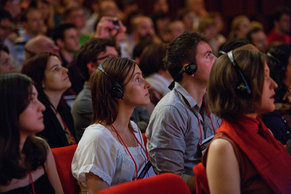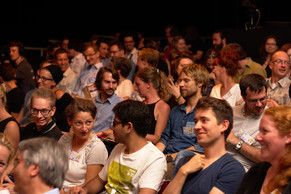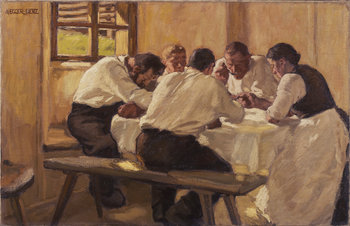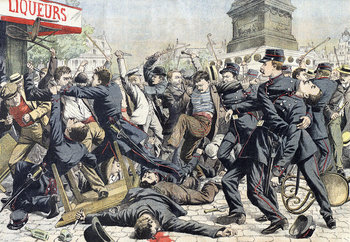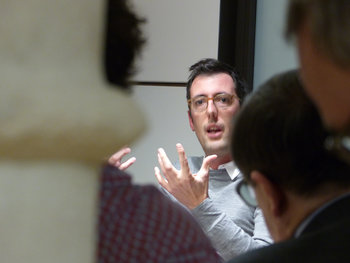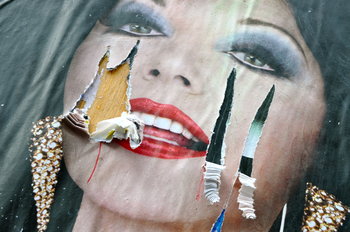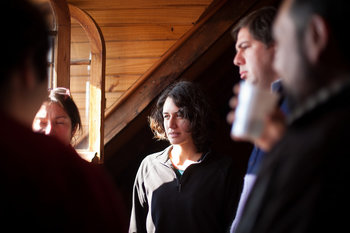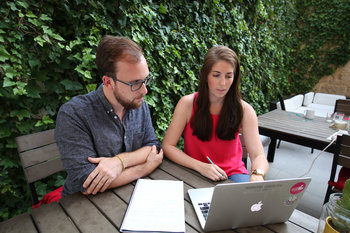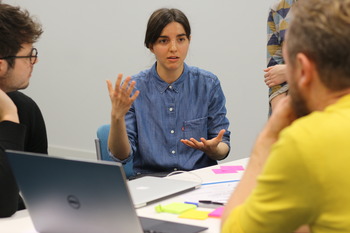
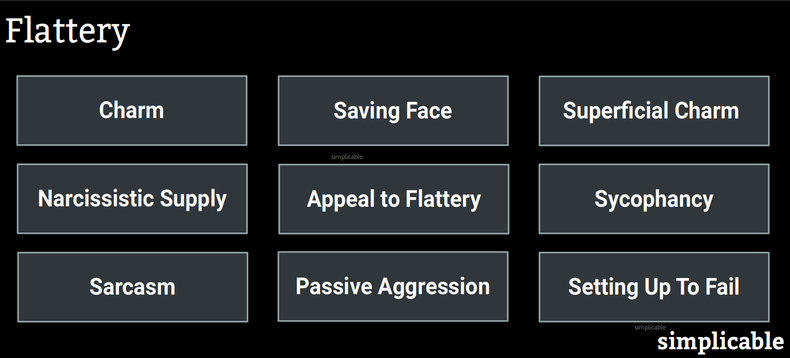
Charm
Flattery can be genuinely charming when the receiver understands that the flattery is probably insincere such that it is recognized as a pleasantry as opposed to sincere praise. For example, complementing someone's cooking when they've prepared a meal for you. In this situation, being honest such as "this is a little below what I expected" isn't as charming or polite as "this is very tasty."Saving Face
Flattery used to help someone save face can be kind. For example, a manager who completely rejects an employee's work because it is low quality who flatters them on some other aspect of their work to try to lessen their embarrassment. For example, "this data is completely wrong please correct it ... and I must say that you handled that meeting today very well."Superficial Charm
Superficial charm is an attempt to get something from someone with flattery. The line between charm and superficial charm comes down to intentions. If the intention of your flattery is selfish, this is superficial charm. For example, a speeder who tries to compliment a police officer in an attempt to avoid a ticket.Narcissistic Supply
Narcissists easily believe flattery and may crave it such that they prioritize relationships that provide it. This is one of the dangers of being a narcissist as you may end up surrounded by people who you believe hold you in high esteem when in fact they may not.Appeal to Flattery
The use of flattery to influence. For example, a French politician who is always talking about how wonderful France is and exalting the exceptional qualities of French people and French culture. This could be contrasted with a more depressing politician who talks about the sacrifices that need to be made to solve problems and improve.Sycophancy
Sycophancy is a cowardly and pathetic state of using agreeableness as your only tool of influencing. Flattery is one of the tools of sycophancy. For example, a professor who is terrified of their students such that they always give them high grades and compliment them excessively to avoid low ratings, complaints or criticism.Sarcasm
Flattery is commonly delivered as sarcasm. This can truly undermine someone if they don't notice the sarcasm such that they may look foolish. For example, an employee giving a presentation receives the feedback "I love your use of colors, you have a real sense of visual presentation" that is intended as sarcasm because it is obvious to everyone in the room that the slide is terrible. If the employee doesn't detect the sarcasm, they may end up looking out of touch.Passive Aggression
Flattery is one tool of the passive aggressive whereby individuals attack others without technically doing anything wrong.Setting Up To Fail
Flattery can be calculated and malicious as it may be intentionally designed to give someone excessive confidence in an area where they are likely to fail. For example, a coworker who encourages a peer to demand a raise by telling them they are one of the top contributors on the team and suggesting their salary is unfair. If the coworker is perceived as relatively unproductive and untalented this might be bad advice that sets them up for failure.Notes
The ability to detect flattery to avoid falling for it is a type of social skill. This can be based on humility whereby you judge whether you really deserve positive comments.| Overview: Flattery | ||
Type | ||
Definition | Insincere praise | |
Related Concepts | ||

